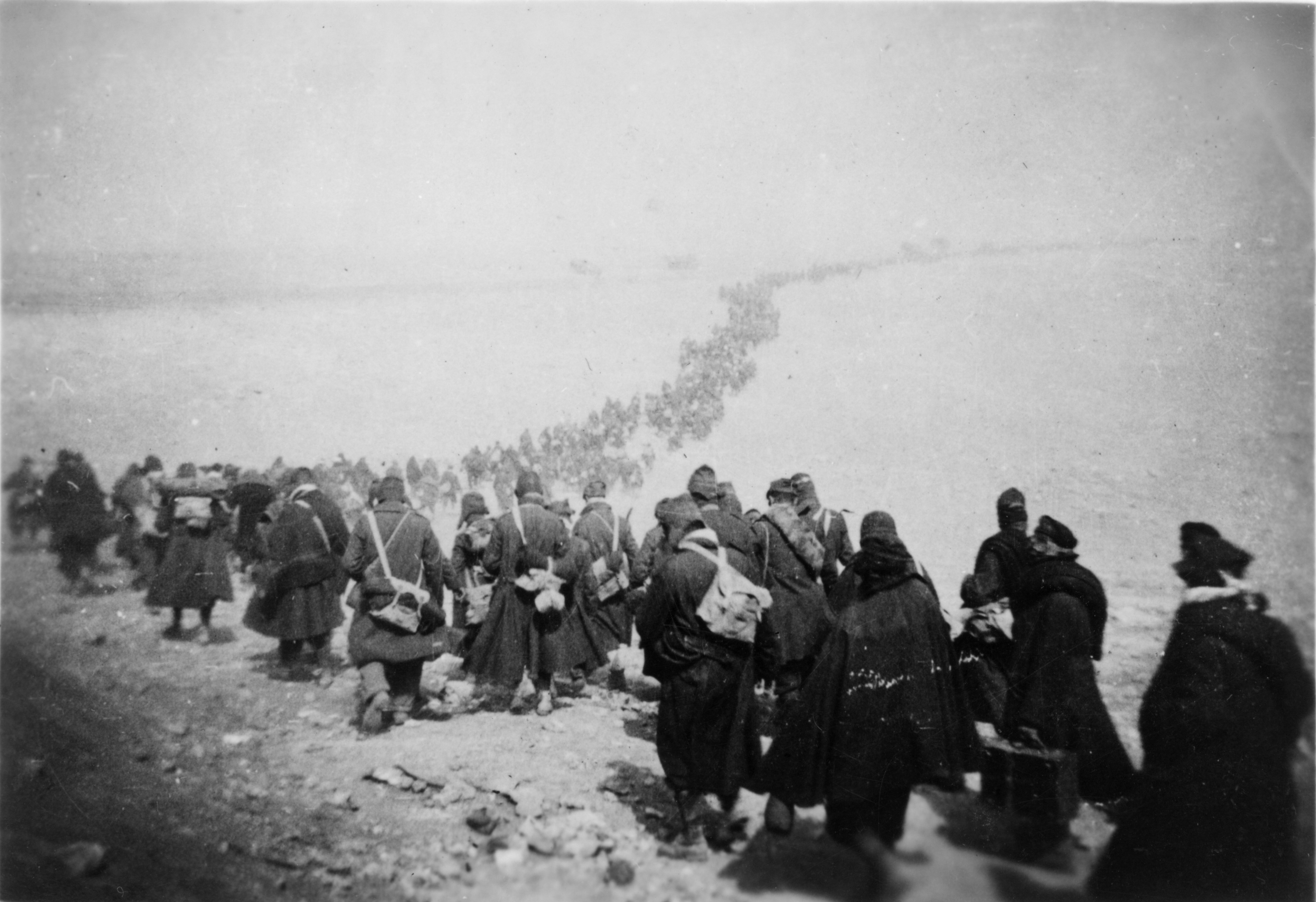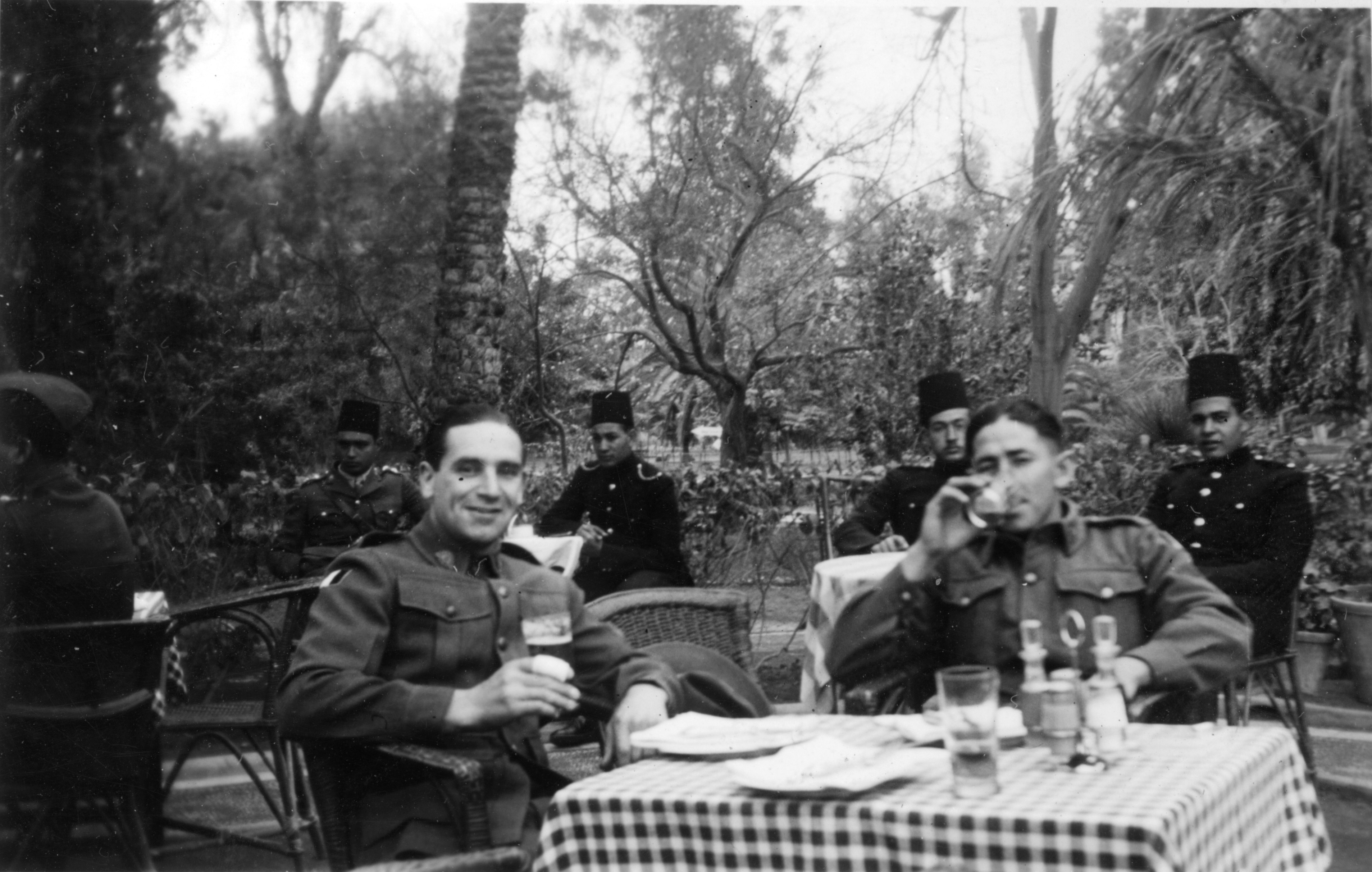What actually woke him was the unearthly sound itself – a mournful shatter of frozen midnight falling to earth to pierce his heart and lodge there forever, never to move, never to melt – but he, being who he was, assumed it was his bladder.
The Crane Wife, Patrick Ness
*****
This morning my daughter-in-law, who works in a bookshop or two, offered me three novels new on the market. I turned each one over and read the blurb; this one tells me nothing about the book but says simply ‘Patrick Ness is an insanely beautiful writer’, which made us laugh and look for proof. Then we read the opening line, which was poetically wet but not beautiful, but I’m now at the end of the chapter and have found that, so far, Ness does indeed write beautiful words. I’ll hold my judgement on how insane the beauty is.
Update: I’ve just finished this novel and found it almost unputdownable. A sub-story weaving through it is a bit other-worldly for me, and towards the end there’s a particular drama which continues for some pages but which is not resolved. Yet I have to agree that Patrick Ness is a gifted writer.





